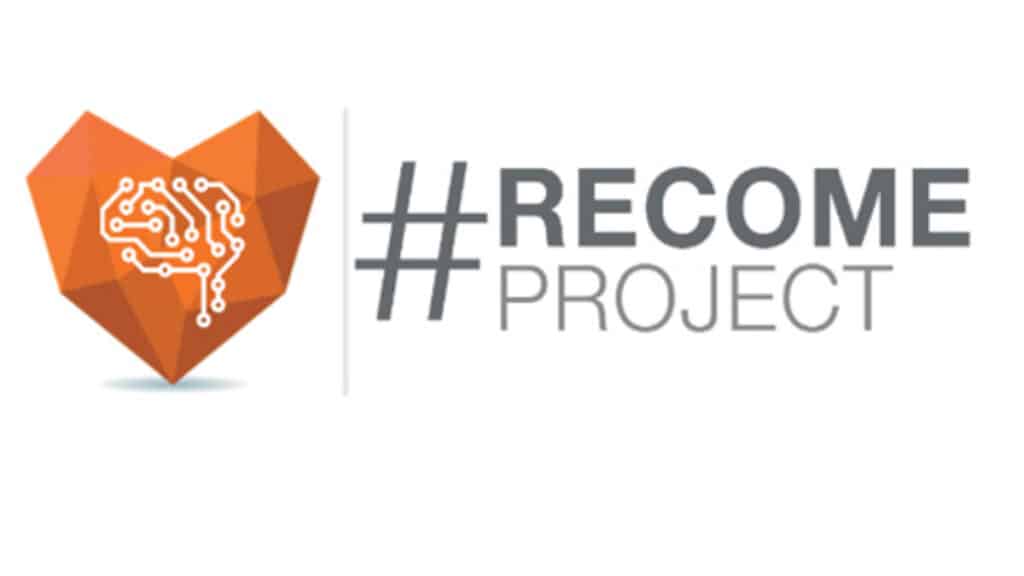Tame-Component and its partners are launching a project to create a medical grade for electronic components. Through it, these players intend to provide a concrete response to a problem known to manufacturers of medical devices: the absence of a standard.
After two years of preparation with the support of recognised partners in electronics (Vishay, Exxelia, NCAB, TechCI), in medical devices (Carmat, FineHeart, UroMems), Tame-Component, the laboratory dedicated to component expertise, attached to TRONICO (EMS and ODM) launched the RECOME project (Reliability of Electronic COmponents for MEdical devices) whose main objective is to create a standard to meet the reliability needs of medical electronics.
This project is the subject of a consortium bringing together TRONICO, Ouest Valorisation and the Laris laboratory (University of Angers) and is funded by the government as part of the recovery plan and by the Pays de la Loire region.
Jean Bastid, director of Component BU at TRONICO, said: “The idea is to bring together players in the sector in order to bring together the needs of manufacturers of electronic components, medical devices, users of these technologies as well as electronic subcontractors… This new medical grade will bring real added value to all stakeholders and will increase the reliability of current and future electronic medical devices.”
In recent years, medical devices have evolved rapidly, and electronics have taken a prominent place in the medical field.
Bastid added: “Until now, component reliability had little impact, but today electronics failure has an immediate impact on the patient ranging from the need for emergency surgery to death. The issue of electronics reliability has therefore become a major issue for the marketing authorization of the equipment.
“Unlike other applications such as aeronautics, space, nuclear where reliability is already a key element, medical devices (especially implantable) are limited in terms of volume, limiting redundancy. The reliability of the system depends directly on the reliability of the electronic components.
“However, to date, there is no standard, no established benchmark for electronic components for medical use. Some component manufacturers offer this grade in their catalogue, but its meaning from one manufacturer to another varies greatly.
The next step for Tame-Component is the optimisation and validation of reliability models in order to write the experimental standard which will serve as a reference for the desired medical grade.
This laboratory will first have to evaluate the information given by the manufacturers, study the current standards and regulations, and test the reliability and biocompatibility of the different families of components according to determined application conditions.
One of its main objectives will be achieved when Tame-Component has defined a reference, an experimental standard on which all manufacturers of medical devices, equipment suppliers, electronic subcontractors can rely on their technological choices.
Their ambition does not stop there… Ultimately, he would like to create a database of qualified components that they would update on a daily basis in order to greatly facilitate manufacturers and start-ups in qualifying their electronics.
Franck Teston, director of partnership research at Satt Ouest Valorisation, said: “Beyond the daily support of our establishments in setting up partnership research projects, Satt is committed to this project by providing its expertise and knowledge of the deep tech medical device markets. The prospect of contributing to a norm or standard gives an additional ambition in line with the ambitions of the France Relance plan and those of the Pays de la Loire region.”
The Operational Safety and Decision Support (SFD) team at Laris is responsible for carrying out experimental studies (modelling of ageing, validation of models, etc.) with the aim of defining test plans.
Abdessamad Kobi, professor at Polytech-Angers, said: “This project highlights our skills in product qualification and reliability test definition which have been developed in the laboratory for over 30 years.”
